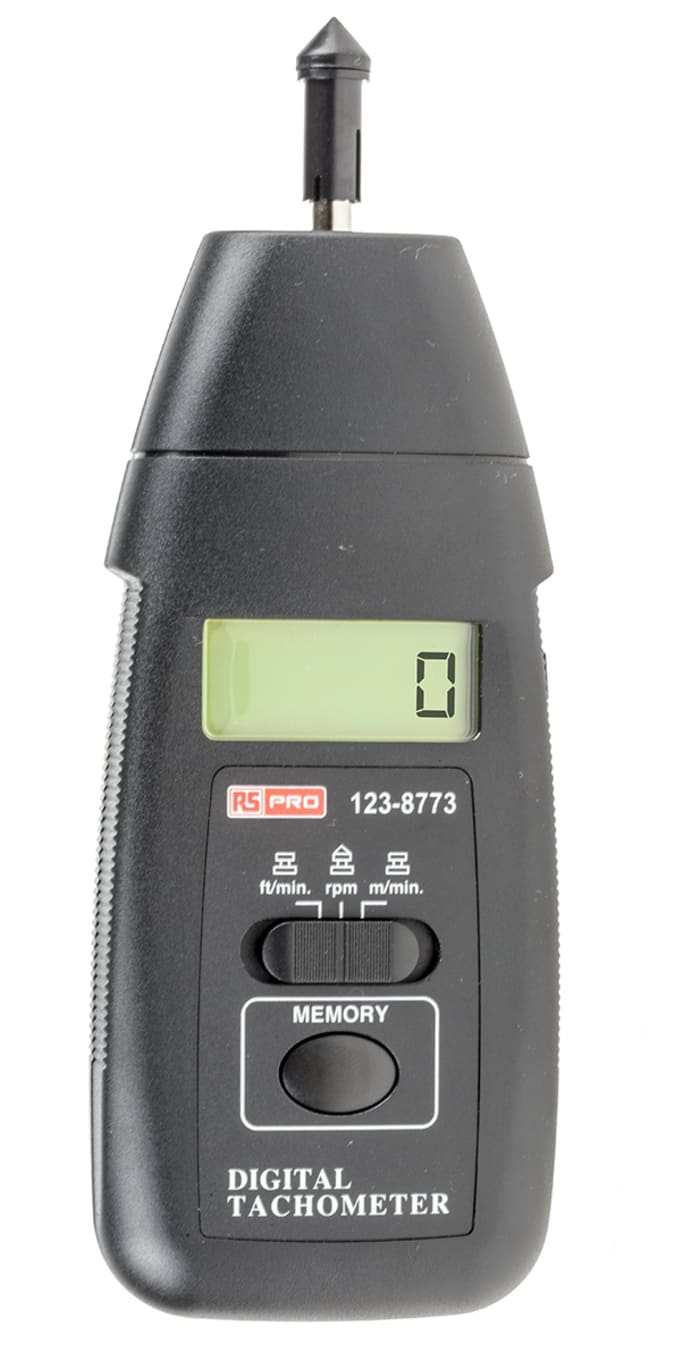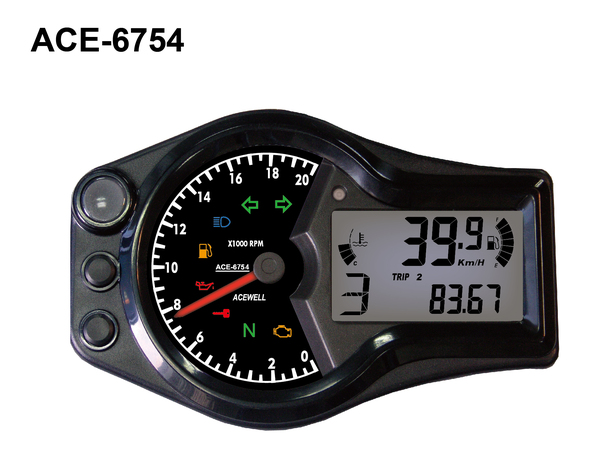The Advantages of Installing a Tachometer in Your Automobile
Secret Reasons Having a Tachometer Is Necessary for Maintaining Engine Wellness and Effectiveness
In the realm of vehicle maintenance, the relevance of a tachometer can not be overemphasized - tachometer. This humble yet crucial tool plays a crucial duty in the upkeep of an engine's wellness and effectiveness. By providing real-time data on engine speed and RPM levels, a tachometer offers vital insights that directly impact the performance and durability of the engine. From preventing over-revving to optimizing gas consumption, the applications of a tachometer are multifaceted and crucial for any type of vehicle owner or fanatic. Why is this apparently basic device so vital? Let's check out the key factors behind its essential role in preserving engine health and wellness and effectiveness.
Preventing Engine Over-Revving

To protect the engine from potential damage, it is vital to execute actions that prevent over-revving, a method that can cause pricey repairs and minimized engine life-span. Over-revving happens when the engine's rotational speed exceeds the optimum limit set by the manufacturer, creating undue tension on interior components such as pistons, shutoffs, and connecting rods. This extreme stress can result in mechanical failings, including curved shutoffs, harmed pistons, and even disastrous engine failing.
A rev limiter is a tool that controls the optimum RPM (revolutions per minute) of the engine by either reducing off gas flow or stimulate to the engine when the pre-set limit is gotten to. Routine maintenance checks to make sure the engine is in ideal problem can likewise assist in preventing over-revving events and extending the engine's lifespan.
Maximizing Fuel Intake
Reliable fuel consumption plays an essential role in taking full advantage of the performance and sustainability of an engine. tachometer. Maximizing fuel intake not just helps in reducing operational prices however additionally reduces the ecological influence of car emissions. By utilizing a tachometer to keep an eye on engine speed and change driving behaviors as necessary, vehicle drivers can accomplish far better fuel efficiency
Keeping a consistent rate and avoiding unexpected velocities and slowdowns can dramatically boost fuel economic climate. Additionally, proper gear option based upon the tachometer analyses makes sure that the engine runs within its optimum array, causing much more effective fuel combustion.
Regularly checking the tachometer can additionally aid identify any inefficiencies or mechanical concerns that might be affecting gas intake. For example, an unexpected rise in fuel usage without a corresponding change in driving routines can suggest an issue that calls for interest.
Monitoring Engine Health And Wellness
Checking engine health and wellness is vital for making certain optimal efficiency and longevity of the automobile. By making use of a tachometer to keep an eye on engine rate, chauffeurs can spot abnormalities that might show prospective concerns with the engine. A tachometer provides real-time information on engine revolutions per minute (RPM), permitting drivers to identify any unusual spikes or decreases in RPM that can signify issues such as misfires, damaged components, or engine overheating.

Routinely monitoring engine wellness via making use of a tachometer enables vehicle drivers to address concerns quickly prior to they intensify and cause considerable damages. As an example, detecting a decline in RPM could show fuel distribution issues or a blocked air filter, while an unexpected increase in RPM may indicate concerns with the transmission or exhaust system. By remaining vigilant and receptive to adjustments in engine performance, vehicle drivers can prevent pricey repair services and ensure the overall health and performance of their vehicle.
Increasing Engine Life-span
Making sure the long life of an engine requires persistent maintenance practices and alert surveillance of key performance indications. Expanding an engine's life-span is critical for decreasing overall vehicle upkeep prices and preventing unanticipated breakdowns. A tachometer plays a considerable duty in this element by giving real-time data on engine rate, enabling motorists and auto Homepage mechanics to make informed choices to prevent too much wear and tear.

Furthermore, routine upkeep based upon tachometer readings, such as timely oil modifications and trigger plug substitutes, can considerably add to expanding the engine's longevity. On the whole, integrating a tachometer into regular engine tracking practices is necessary for protecting the engine's health and efficiency over the lengthy term.
Conserving Money on Fixes
To effectively handle lorry upkeep costs and reduce unforeseen break downs, leveraging the insights offered by a tachometer can be crucial in saving money on fixings. A tachometer aids in keeping track of the engine's RPM (changes per min), enabling motorists to run within the recommended array. By remaining within these optimum RPM degrees, too much strain on the engine can be stayed clear of, reducing the possibility of costly repair services because of exhausting the engine (tachometer). Furthermore, a tachometer can signal vehicle drivers to potential problems such as engine misfires or falling short elements, enabling early intervention prior to these issues intensify and blog here cause a lot more comprehensive-- and expensive-- repair work.
Furthermore, by utilizing the data from a tachometer to practice smooth acceleration and slowdown, vehicle drivers can prolong the life expectancy of their their explanation car's components, ultimately conserving cash on maintenance and substitutes. Generally, the understandings offered by a tachometer encourage drivers to make informed choices that can avoid unneeded wear and tear on the engine, leading to substantial expense savings in the long run.
Conclusion
To conclude, a tachometer plays an essential duty in preserving engine health and effectiveness by preventing over-revving, optimizing fuel consumption, keeping an eye on engine health and wellness, extending engine life expectancy, and conserving money on repairs. It is an important device for making certain that the engine operates within risk-free restrictions and does at its finest, inevitably adding to the durability and general efficiency of the car.